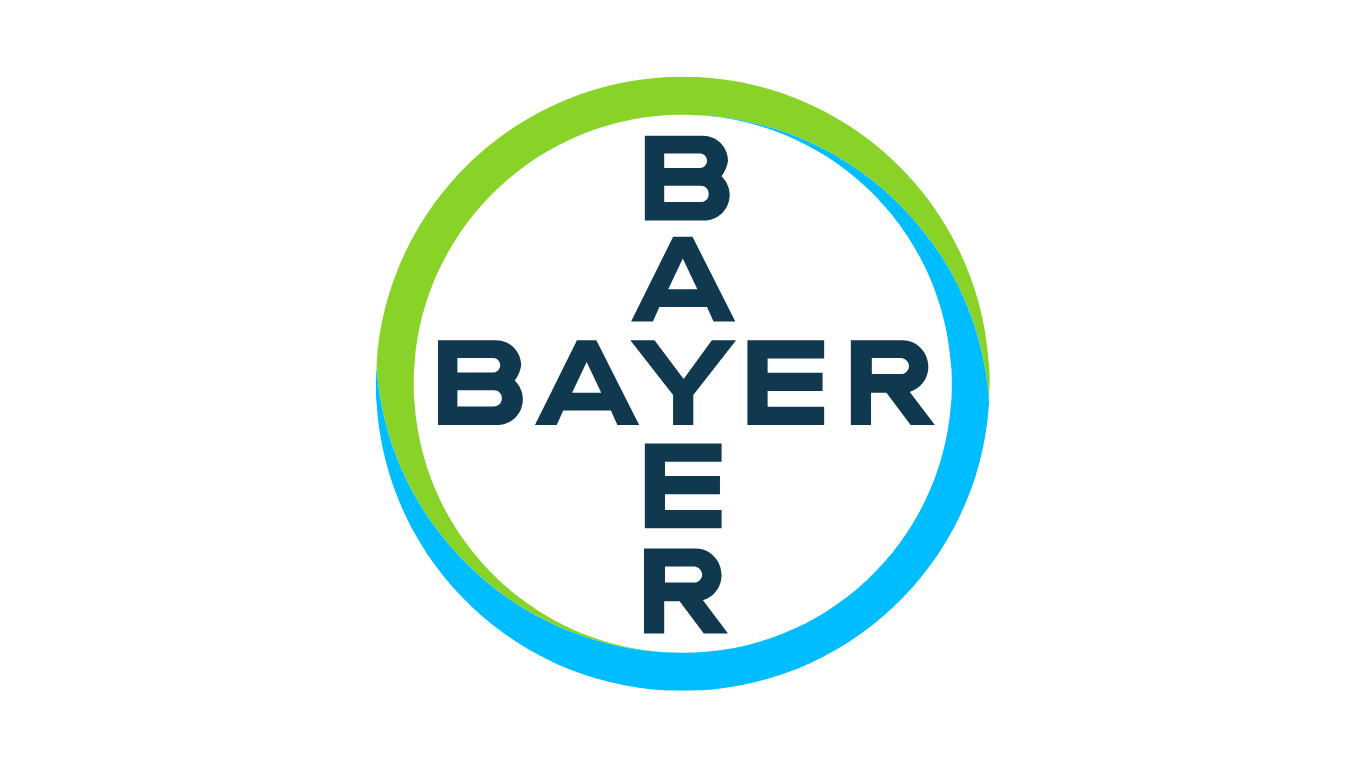Key Takeaways
- Bayer launches tomato hybrids with multi-stacked resistance genes against ToBRFV
- New varieties target multiple segments: beef, truss, cocktail, and cherry plum tomatoes
- Field trials confirm resistance to both standard and resistance-breaking virus strains
- Multi-gene approach designed to offer longer-lasting protection against viral mutations
- First commercial rollout scheduled for 2025, following successful trials
Bayer Develops New Solutions for Managing Tomato Brown Rugose Fruit Virus
Bayer has announced the development and upcoming release of new tomato varieties featuring multi-stacked virus-resistant genes to combat tomato brown rugose fruit virus (ToBRFV). The new varieties will be introduced in 2025 across all major glasshouse tomato categories, including beef, truss, and cherry types.
The announcement comes amid ongoing concerns over the durability of single-gene resistant varieties. As ToBRFV continues to evolve, Bayer’s approach aims to address the challenge by combining multiple genes that act on different stages of the plant-virus interaction, offering a more robust form of resistance.
Bayer’s Research Focuses on Long-Term Resistance Strategy
According to Bayer, the newly developed hybrids were tested under high virus pressure in controlled trials. The trials involved two groups of plants: one exposed to the standard virus and another to a resistance-breaking variant of ToBRFV. Non-resistant control plants showed severe symptoms after 14 and 21 days, while the multi-stacked resistant varieties maintained health under both conditions.
“These new hybrids held up against the resistance-breaking virus,” said Javier Quintero, Global Lead Tomato R&D at Bayer’s Crop Science division. “We expect growers to see similar results under similar growing conditions.”
New Tomato Varieties Extend Its Commercial Portfolio
Bayer has already introduced the first hybrids with multi-stacked resistance, including the De Ruiter Ferreira (red beef) and Futumaru (pink beef) tomatoes. The 2025 launch will expand this offering to include varieties suited for Large Truss, Medium Truss, Cocktail, and Cherry Plum Truss markets.
The varieties have undergone evaluations not only for virus resistance but also for agronomic performance and fruit quality—key considerations for commercial growers seeking resilient yet marketable crops.
Highlights Adaptability and Performance in ToBRFV Response
The tomato brown rugose fruit virus has posed a persistent challenge to protected agriculture globally. Bayer’s multi-gene stacking strategy is intended to reduce the risk of resistance breakdown as ToBRFV mutates, while still enabling consistent yield and product quality.
By releasing these new hybrids, Bayer continues its efforts to support greenhouse tomato growers with solutions that aim to balance resistance, yield, and quality, while responding to the evolving dynamics of plant viral diseases.



27 Comments